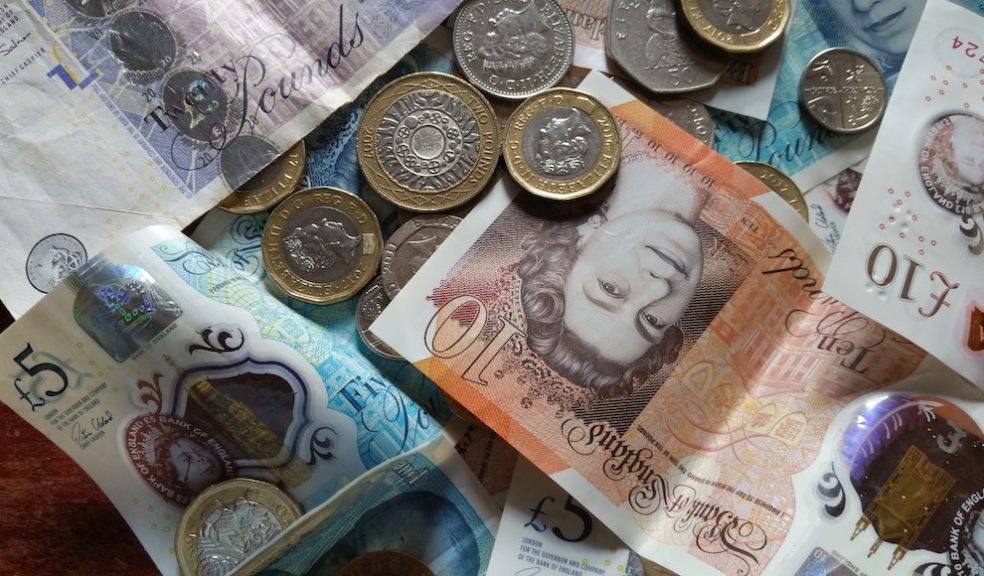
Is it time to invest excess income or pay off debt?
The personal finance world is full of conflicting advice. Some experts say you should invest any extra money you have, while others recommend using it to pay off debt.
For instance, according to investingstrategy.co.uk, it is okay to first pay off your unsecured loans and then build up an emergency fund before moving on to investing.
3 signs it's time to invest your money instead of paying down debt
There are a few key signs that indicate it may be time to start investing your money instead of paying off debt.
1. You have a good credit score.
If you have a good credit score, this means you're a low-risk borrower, which makes it more likely that you'll be approved for loans and lines of credit at favorable terms. This, in turn, means you'll have more money available to invest.
2. You have a stable income.
Investing is all about taking risks in the hopes of earning a higher return, so it's important to make sure you have a stable income before you start putting your money into investments. If your income is unstable, it may be better to focus on paying down debt, so you can free up some cash flow.
3. You're comfortable with risk.
As mentioned above, investing involves taking risks in order to potentially earn a higher return. If you're not comfortable with taking risks, investing may not be the right move for you. Paying down debt, on the other hand, is a much safer bet and can help you reach your financial goals more slowly but surely.
Are there any tax implications to consider before investing?
There are a few tax implications to consider before investing, for example, in the real estate business. For one, you will need to pay taxes on any income you earn from your investment property. Additionally, if you sell your property, you may be subject to capital gains taxes. It's also important to remember that real estate is a long-term investment, so you'll need to be patient in order to see any significant returns.
Another thing to keep in mind is that you may be able to deduct certain expenses related to your investment property, such as mortgage interest, property taxes, and repairs. However, it's always best to speak with a tax professional before making any decisions, as they can help you determine what deductions you may be eligible for.
The pros and cons of investing vs paying off debt
There are pros and cons to both investing and paying off debt. On one hand, investing can help you grow your wealth over time. On the other hand, paying off debt can help you save money on interest payments and improve your financial stability.
Some people may prefer to invest because they believe that their investments will grow over time and provide them with a larger return than if they simply paid off their debts. It really is a math game, if you calculate that your investment returns will be higher than the interest rate you pay on your loans or not. Others may prefer to pay off their debts because they want to be debt-free as soon as possible or because they want to avoid the risk of losing money through investments.
In summary, it is your condition that will determine whether to invest or to pay of your debt.

















